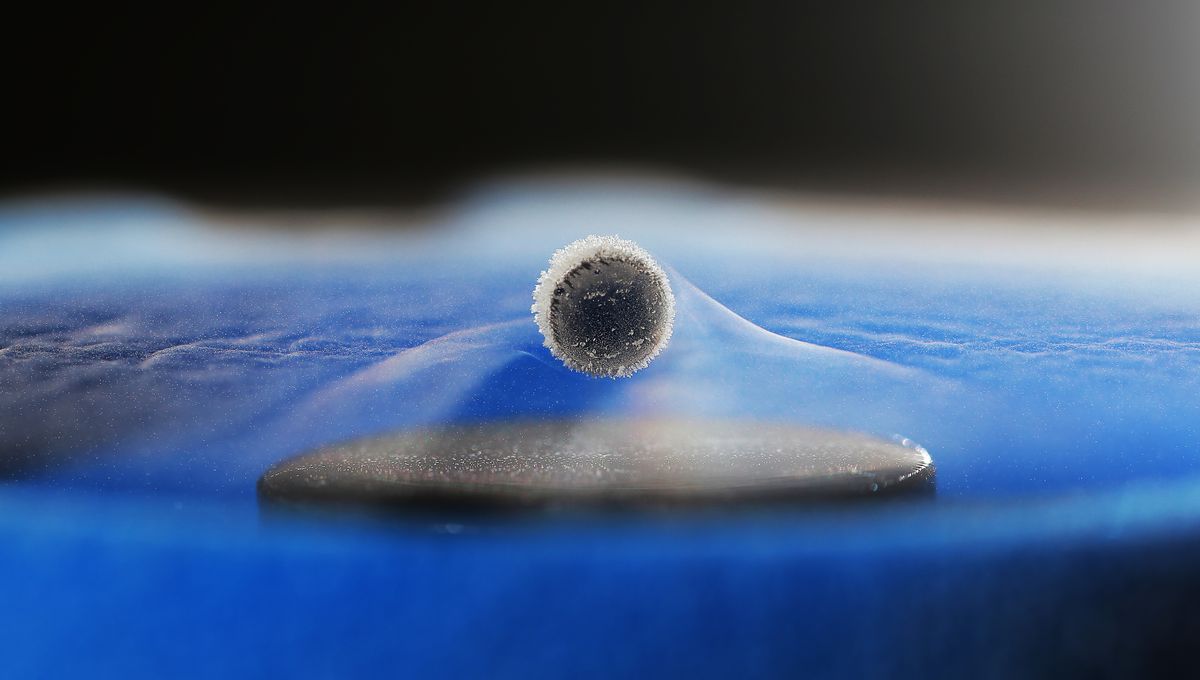
South Korean scientists have announced the development of a room-temperature ambient-pressure superconductor. If the claim is verified, this will change the world. Superconductors transmit electricity without resistance and have a series of magnetic properties that make them invaluable in technological applications. Usually, superconductors need to be cooled down to very low temperatures. A superconductor capable of working outside the lab in regular conditions would be revolutionary.
However, the conditional clauses in the first paragraph are necessary. There have been previous claims of room-temperature superconductivity that have not panned out. The researchers uploaded a paper to arXiv, and it is unclear if it was submitted for peer review to a journal. IFLScience has emailed them to learn more about the research and the new material, which is called modified lead-apatite or LK-99.
One crucial aspect of superconductivity is critical temperature, the temperature below which the material becomes superconductive. The value stated for LK-99 is 127°C ( 261°F), meaning it could easily be employed in all environments on Earth. If this is confirmed, it would not be the only room-temperature superconductor. But it would be the first to not require enormous pressures to work.
The team also recorded the critical current in the material, the lack of electrical resistance, the critical magnetic field, as well as the Meissner effect. This is the ability of a superconductor to expel the magnetic field during its transition leading to the capacity to repel nearby magnets, allowing the material to levitate. These properties led the team to claim that LK-99 is indeed a superconductor.
“All evidence and explanation lead that LK-99 is the first room-temperature and ambient-pressure superconductor. The LK-99 has many possibilities for various applications such as magnet, motor, cable, levitation train, power cable, qubit for a quantum computer, THz Antennas, etc. We believe that our new development will be a brand-new historical event that opens a new era for humankind,” the researchers wrote in the paper.
The reason for superconductors’ lack of electrical resistance is to be found in the electron’s behavior. When the material achieves superconductivity, its electrons overcome their repulsion and pair up, flowing freely without loss of energy. The team argues that this is happening in LK-99 because of the stress caused by copper atoms on the lead, which is not relieved by the structural uniqueness of the material.
The paper is available at arXiv.
Source Link: First Room-Temperature Ambient-Pressure Superconductor Achieved, Claim Scientists